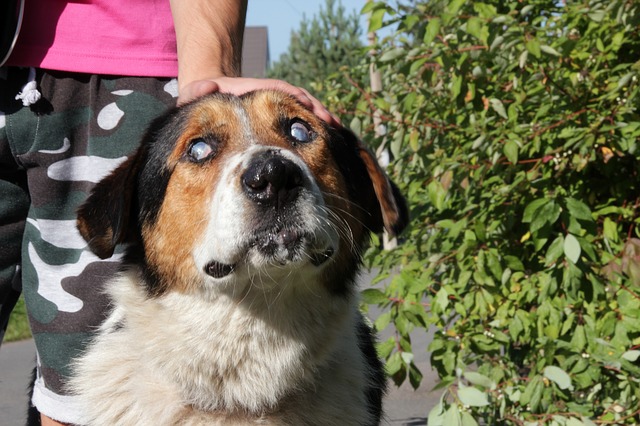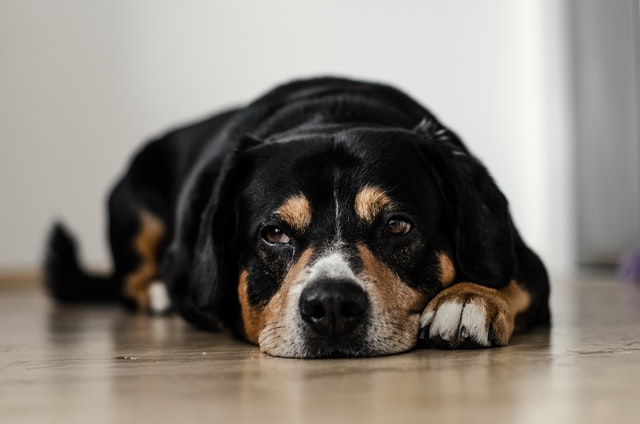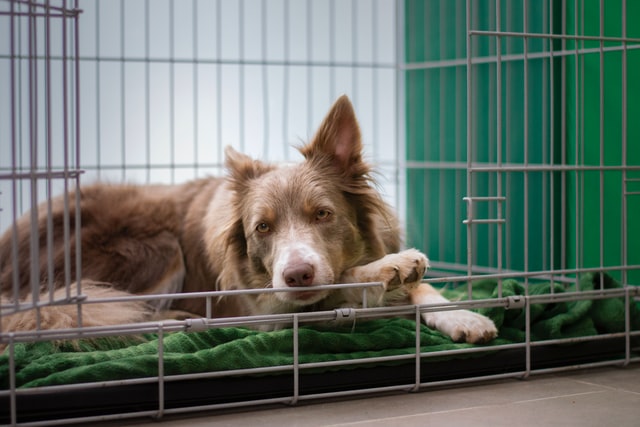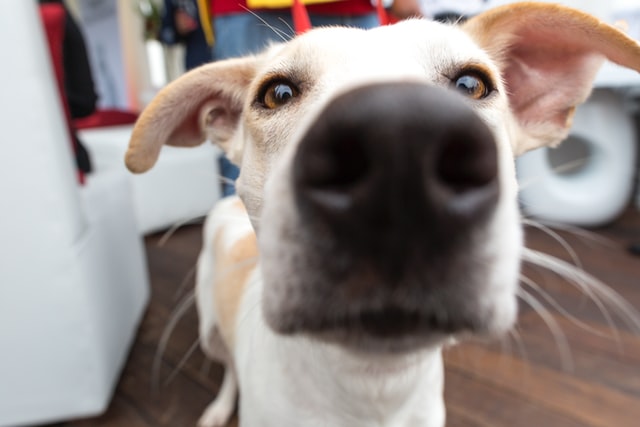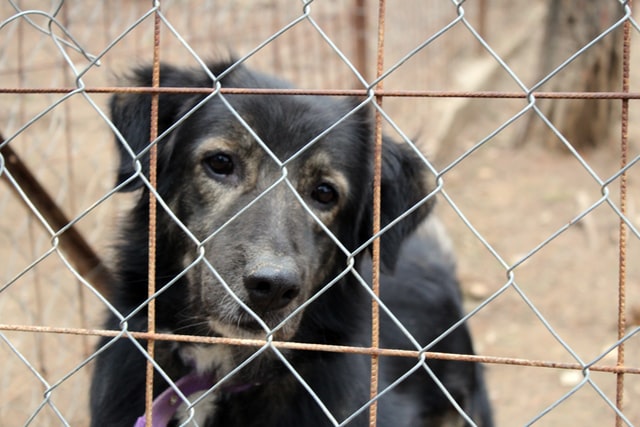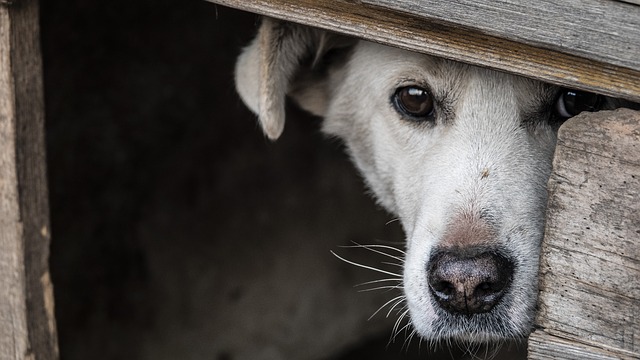Corgis are known to be friendly and loyal dogs, but like all breeds, they can have their issues. One of the biggest problems that many Corgi owners experience is separation anxiety. This condition causes a dog to become very anxious whenever it’s left alone or in unfamiliar surroundings.
This type of behavior can cause destruction around your home while you’re gone, so if this sounds familiar it’s important to take action right away! Luckily there are several things you can do at home that will help ease some of your pup’s anxiety when you’re not around.
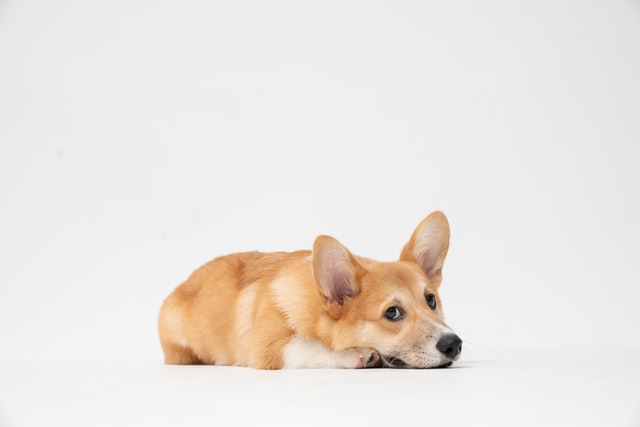
Are Corgis prone to separation anxiety?
Many people wonder if Corgis are prone to some specific type of behavior problems. Often it is related to leaving their owners alone at home or in some other place without them, as their dog walker. Some dogs may be more sensitive than others and might show signs of separation anxiety even when not left completely alone. This may be a difficult issue to deal with, but if owners are aware of the signs and symptoms it is possible to treat this behavior.
People often mistake Corgi’s anxiety as being nervous or shy around strangers because they prefer their owner’s company. The problem might go even deeper than that though – many dogs develop separation anxiety when their human family is not giving them enough attention. This means that they have a deep need to be with their owners and will become nervous when left alone for too long.
Even though many Corgis are very friendly, some of them may develop aggressive behavior like growling or barking at strangers who come close to the owner’s property. Again this can be related to being left alone for a long time and not getting enough attention.
Why do corgis have separation anxiety?
Corgis are an intelligent breed and they love to be around their owners. They feel very strongly attached to them and can suffer from anxiety when left alone for too long, especially if the owner leaves without warning. This is a common problem with corgis as well as other breeds of dogs that were bred for companionship. It’s important to understand why this happens and how you can help your corgi overcome their anxiety.
Symptoms of separation anxiety in corgi:
Here is some sign that proves that your corgi has separation anxiety:
- The corgi becomes extremely destructive or vocal when you leave.
- You come home and find that your dog has chewed up things in the house, even if they are toys purchased specifically for them to play with.
- When left alone by themselves, the Corgi will howl constantly until someone comes back into their sight.
- When left alone by themselves, the corgi will follow you from room to room and get visibly anxious or try to cause a scene that gets them noticed again.
How to help your corgi overcome their fear of being alone :
Healthy habits are vital for corgi separation anxiety. Dogs that don’t receive the proper amount of exercise and mental stimulation can easily become distressed when they’re in an environment by themselves, such as in a crate or in your home while you go to work each day; this is because dogs need routine and consistency. A healthy lifestyle will ensure your corgi is getting enough physical and mental stimulation to make up for the lack of time spent with their humans.
Establish a Routine
Establish a routine that includes consistent feeding times, walks, playtime, and other activities like training or dog sports; this will help your pet get into a good pattern each day.
Daily Walking Schedule
Take them on daily trips to the park or to one of their favorite canine playmates’ houses; this will ensure they are getting enough exercise and socializing.
Spend time
Spend every moment possible with your corgi, even if it’s for just a few minutes outside or inside the home; cuddling on the couch together is also an activity that can help them feel safe and loved
Train Them
Corgis are very trainable and with the right tools, such as a gentle leader or no-pull harness, they can easily learn not to pull on their leash. A corgi that pulls excessively when walking is more likely to be anxious because it becomes harder for them to focus on you and your surroundings; this will only cause them more stress and make them more likely to become scared or aggressive.
Behavioral Training
Take the time each day for training sessions that include lots of praise and rewards; this will help your pet learn proper behavior much faster than without any reinforcement at all
Practice walking with their gentle leader until they’ve fully adjusted to it; you can also try a head halter to help with training. Once your corgi has mastered the above steps, start practicing walking without it; if they become stressed or scared then put their gentle leader back on.
Being prepared is key
Being prepared is key to helping corgi overcome their fear of being alone. While you may not always be able to accompany them everywhere during times when they’re home alone, there are plenty of ways you can make sure they feel safe and loved throughout the day.
Create Safe Space
Create a space in your home where their crate is set up next to your bed; this will help them feel more comfortable when sleeping overnight or while you’re gone for long periods during the day
Make sure that all windows and doors are closed and locked before you leave; this will prevent them from escaping or getting into trouble.
Corgis, like all other dogs, can suffer from separation anxiety if it’s not properly managed. While there isn’t a single fix for every corgi, you can certainly take the steps outlined above to help them adjust and avoid any unwanted behavior problems.
Tips for dealing with a corgi’s separation anxiety:
Corgis are one of the most lovable and loyal breeds in existence. They make great family dogs because they like to be around people but often suffer from separation anxiety when left alone for long periods of time without human interaction.
Here is a guide on how to deal with your corgi’s separation anxiety when you have to leave them alone.
- Let your corgi get used to being left alone gradually by spending more time away from home over the course of several weeks or months before you leave for an extended period of time.
- Make sure that there are no opportunities in the house where they can escape when you are not home, especially if it is difficult to corgi-proof a yard or garden. You can use baby gates, exercise pens or even crates to keep the corgi in an area of your home where they cannot get into trouble while you are gone.
- Do not punish them when you come back from being separated as this will only increase their anxiety and fear of separation next time around!
- Exercise the corgi well before you leave so that they are tired and less likely to be anxious or destructive while you are away.
A corgi with separation anxiety will bark, whine, howl or pace when left alone. This can be a very stressful experience for both you and your pet. The best way to help alleviate this is by giving them something they are interested in doing while homes alone such as chew toys or dog beds filled with treats. If the problem persists even after these measures have been taken, consult your vet who may prescribe medications that can make it easier on you both!
